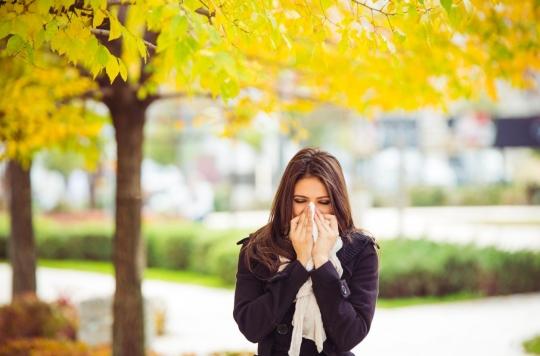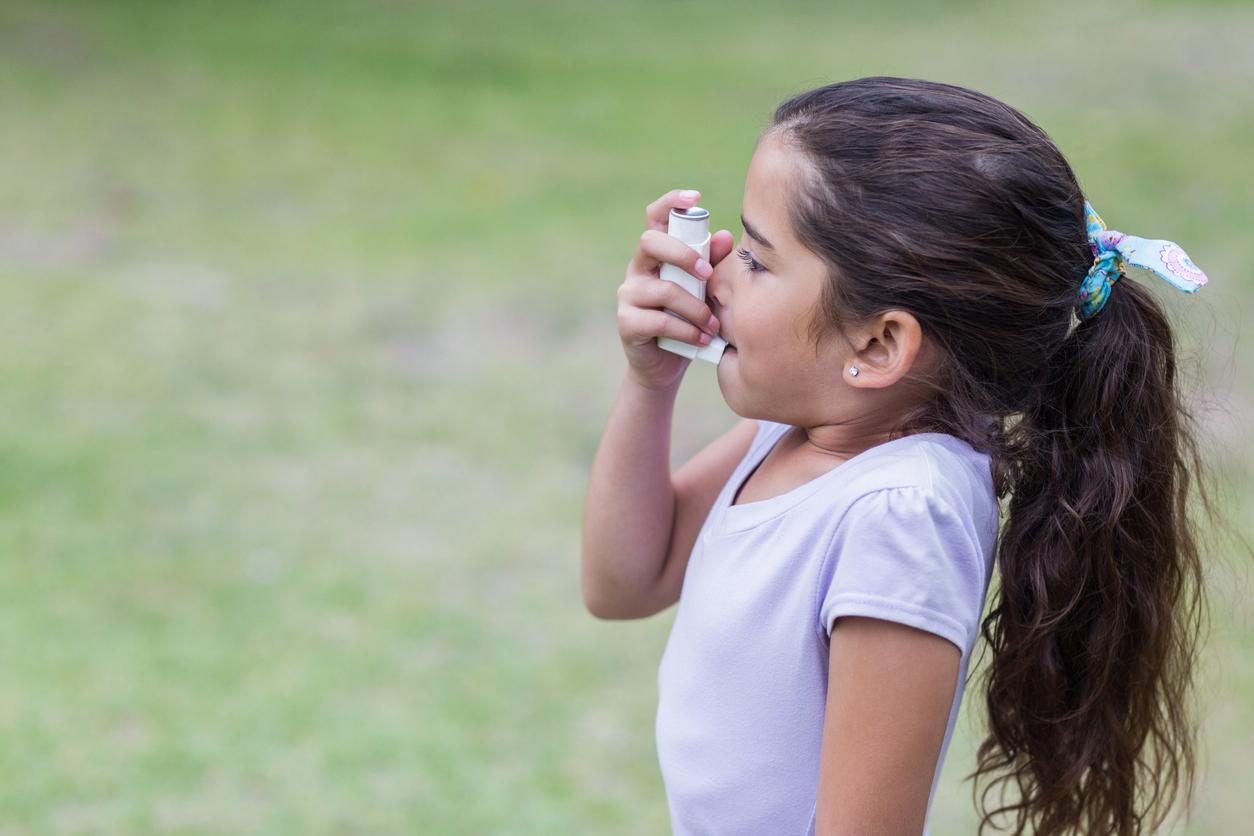In a report, several air monitoring associations warn of a probable increase in respiratory allergies. The reason: the increase in birch pollen emissions following the exceptional heat of recent weeks.

For the past few days, good weather and mild temperatures have settled in the territory. If for many of us, spring is synonymous with renewal after the cold and grayness of winter, for those with allergies, it is often a difficult period that begins. In question: the emission of pollen by certain plants such as plane trees, oaks, poplars or even birches.
And the phenomenon is not about to stop. This is highlighted by the Federation of Air Quality Monitoring Associations (Atmo France), the National Aerobiological Monitoring Network (RNSA) and the Association of Sentinel Pollinariums of France (APSF). In their annual reportpublished on Wednesday October 20, these air monitoring associations warn against the increase in the quantities of pollen in the air, in particular of birch.
Mild temperatures favorable to pollen
In question, according to the authors of the report: “global warming and rising temperatures”, which lead to an upsurge in pollen emissions in the atmosphere. “Last April, we were overwhelmed by sometimes severe allergies to birch pollen, the quantity of which was exceptionally high”, explains on the waves of RTL Doctor Sophie Silcret-Grieu, member of the Board of Directors of the Asthma and Allergies association.
In addition to plane tree and oak pollen, this emission of birch pollen is “an unprecedented phenomenon observed in France in 2018, due to an exceptional heat episode” in April, which allowed “birch trees to flower in very favorable”. The mild temperatures recorded in recent weeks could lead France to experience a new peak in the quantities of pollen in the air. Last year, on the other hand, the cold and rainy weather conditions during the winter made it possible to limit “the dispersal of hazel, alder and ash pollen”.
An increase in allergies
People prone to pollen allergies should therefore expect, like last year, to be bothered by tree pollen, which is increasingly numerous in the atmosphere.
A phenomenon that worries health professionals, who fear a resurgence of allergic asthma and respiratory discomfort. According to an Ifop survey for the Asthma & Allergy association unveiled on the occasion of the 13and French Allergy Day, 80% of asthma cases in children and 50% in adults are linked to allergies.
However, few people concerned know the link between asthma and allergy. This promotes therapeutic wandering, estimated at about 7 years between the appearance of the first symptoms and a consultation with the allergist. “During these 7 years, allergic rhinitis has, for example, a high risk of developing into asthma. The therapeutic wandering of allergic asthma is also explained by a poor estimate of the age from which the he allergic origin of asthma can be detected.While it is possible to establish a diagnosis of the allergic origin of asthma from the age of 3, or even earlier: nearly 7 out of 10 French people place this age beyond , even far beyond”, specifies Asthme & Allergie in his press release.


















